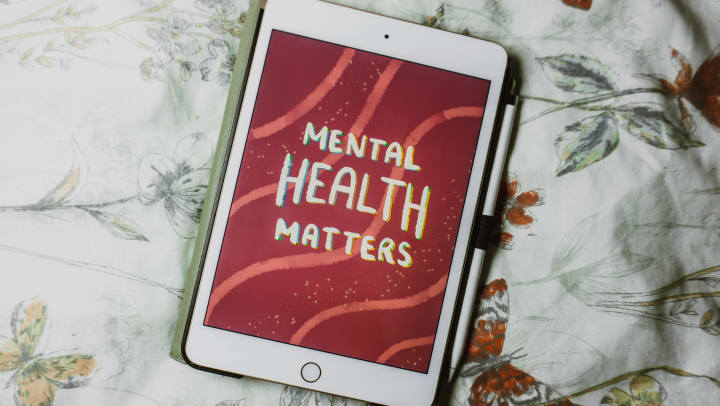Despite the openness that many in the civilian population feel about sharing challenges relating to their mental health, many in the military community don't experience the same. It's no secret that the military lifestyle is stressful. Challenges often arise in the military community between unknowns about a Service Member's career to stress relating to constant moves. If you or someone you know is experiencing mental health issues, know that help is available for you tailored specifically for the military community.
You owe it to yourself and your family to stay in good mental health and physical health. Many of the policies relating to mental health have changed in recent years to encourage Service Members and their families to seek help when needed. In addition, the Department of Defense (DoD) recognizes that untreated mental health conditions pose a more significant safety threat than conditions left untreated. For specific DoD guidance, please visit the Psychological Health Center of Excellence. There you will find DoD policy guidance along with screening processes and service-specific advice.
According to the Blue Star Families' 2020 survey, 16% of active duty service members would like to receive mental health care but don't, either because they're afraid of career reprisals or unsure how to access care.
One in three active duty service members doesn't seek help because they think it will harm their career.
The National Alliance on Mental Illness reports that nearly 1 in four active duty service members show signs of a mental health condition.
Mental Health First Aid, a division of the National Council for Mental Wellbeing, reports that at the height of the War on Terror, thirty percent of active duty and reserve military personnel deployed in Iraq and Afghanistan has a mental health condition requiring treatment. That's approximately 730,000 men and women, many of whom experienced post-traumatic stress disorder and major depression after redeploying.
Less than 50 percent of veterans returning from combat receive mental health treatment because they are concerned about the stigma surrounding seeking mental health treatment and their careers.
Mental Health and Your Privacy
According to DoD policy, asking for help or talking to your doctor about your mental health concerns cannot be held against you for career advancement. Even if your doctor needs to disclose your condition, your career is not at risk from disclosure.
The DoD follows the privacy guidelines set by HIPAA and the Privacy Act. These guidelines ensure the privacy of all of your health records, including any treatment relating to mental health. However, if your doctor discovers that your mental health condition might cause you to endanger yourself or others, they are obligated to disclose your condition to your chain of command.
If your commander or supervisor observes behavior that appears to compromise your safety or job performance, they can request a command-mandated behavioral health evaluation. However, this evaluation doesn't guarantee the same level of confidentiality as when you seek consultation on your own.
Common Mental Health Concerns
There are three most common mental health concerns for members of the military and their families. These include Post-traumatic Stress Disorder (PTSD), depression, and conditions relating to a Traumatic Brain Injury (TBI). Understanding how each of these conditions might manifest in your life is the first step to identifying them and then getting help.
Posttraumatic Stress Disorder (PTSD): PTSD is a common mental health condition among members of the military, veterans, and military families. Traumatic events, such as military combat, assault, disasters, or sexual assault, can have long-lasting negative effects such as trouble sleeping, anger, nightmares, and alcohol and drug abuse. When these troubles don't go away, it could be PTSD. The rate of PTSD is 15 times higher for military members than civilians.
Depression. Along with PTSD, depression commonly occurs after traumatic events. It's often characterized by a low mood that lasts for more than a few days. Depression doesn't mean you are weak, nor is it something that you can simply "just get over." On the contrary, depression interferes with daily life and normal functioning and may require treatment. For example, a 2014 Journal of American Medical Association study found the rate of depression to be five times higher for members of the military community than that of civilians.
Traumatic Brain Injury (TBI). A traumatic brain injury is usually the result of a significant blow to the head or body, generally experienced after deployment. For example, one in five service members deployed in support of the War on Terror has experienced a TBI. A TBI occurs when the brain is hit with an outside force, either from an explosion or an injury from assault. It causes brain function to be temporarily impaired or altered. Symptoms can include headaches, fatigue or drowsiness, memory problems, mood changes, and mood swings. However, there are no outward physical signs of a TBI, which is why it's often referred to as an invisible wound.
If you or a loved one is exhibiting signs of a mental health issue, don’t delay in seeking treatment. Explore our list of resources available to service members and military families here.


